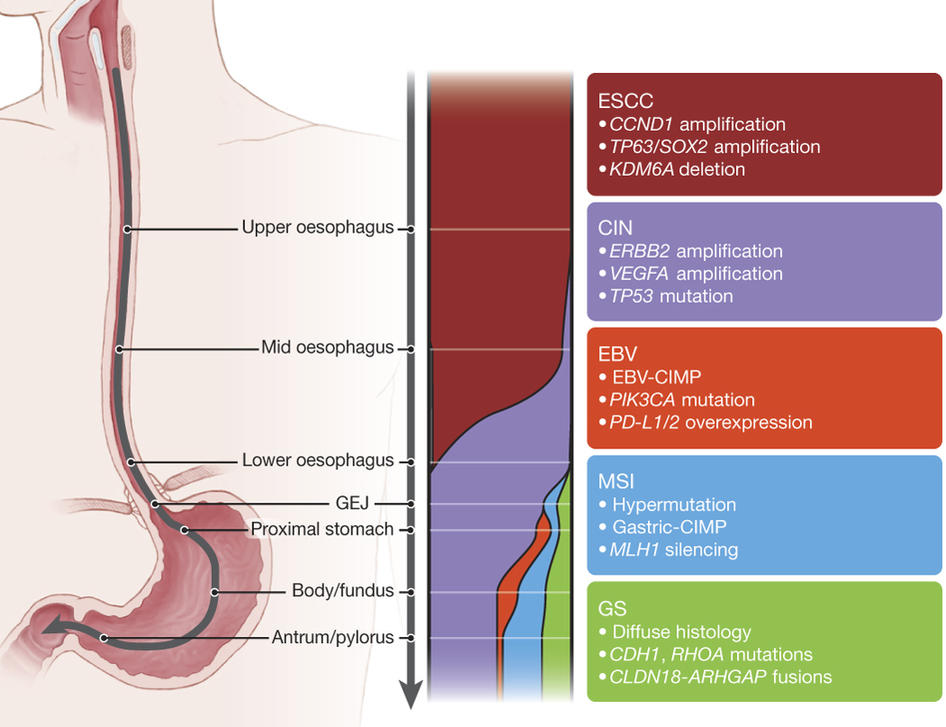Program News
The program held a number of organized and successful scientific meetings including the pre-kickoff introductory meeting (January 2023), a special scientific webinar (October 2023), and two annual in person meetings (Columbia University, New York (March 2023) and NCI Shady Grove Campus (March 2024), respectively. These meetings not only highlighted the outstanding research performed by the program but available opportunities for collaborations within and outside the program..
Several pilot and travel awards to early career scientists and trainees were competed successfully by the Coordinating Center to increase participation of the new generation of scientists in the program.
Program Meetings
March 2023 and March 2024
Annual In-Person Meetings at Columbia University (2023) and the NCI Shady Grove Campus (2024) - Investigators in the program, as well as invited guests from the larger scientific community, gave presentations on their projects and discussed ways to increase collaborations in this research field.
October 2023
Special Scientific Webinar - Invited guest speakers presented on gastric and esophageal cancers biology.
January 2023
Pre-Kickoff Introductory Meeting (Virtual)
Contact for the Program
For additional information about the Program on the Origins of Gastroesophageal Cancers, please contact Dr. Rihab Yassin.
Funded Projects
Research Projects on the Origins of Gastroesophageal Cancers (R01s)
| Institution | Principal Investigator(s) | Project Title |
|---|---|---|
| Columbia University Health Sciences | Julian Abrams, Michael Quante, Harris Wang | The Role of Secondary Bile Acids in Gastro-Esophageal Neoplasia |
| Columbia University Health Sciences | Sandra Ryeom, Silas Maniatis, and Karol P. Nowicki-Osuch | Initiation of Diffuse and Intestinal Non-Cardia Gastric Cancer |
| Columbia University Health Sciences | Anil K. Rustgi, Marcia R. Cruz-Correa, James M. Wells | Mechanisms Underlying Gastric Intestinal Metaplasia and Carcinogenesis |
| Columbia University Health Sciences | Timothy C. Wang, Jianwen Que | Gastroesophageal Junction Stem Cells as the Origin of Barretts Esophagus and Cancer |
| University of Houston | Frank D. McKeon, Jaffer A. Ajani, Wa Xian | Common Stem Cell of Origin for Junctional and Gastric Adenocarcinoma |
| Vanderbilt University | Eunyoung Choi, James R. Goldenring | Cell Plasticity in the Origin of Gastric Carcinogenesis |
Coordinating Center for the Program on the Origins of Gastroesophageal Cancers (U24)
| Institution | Principal Investigator(s) | Project Title |
|---|---|---|
| Columbia University Health Sciences | Chin Hur, Jeanine M. Genkinger, Jianhua Hu | Coordinating Center for the Program on the Origins of Gastroesophageal Cancers |
